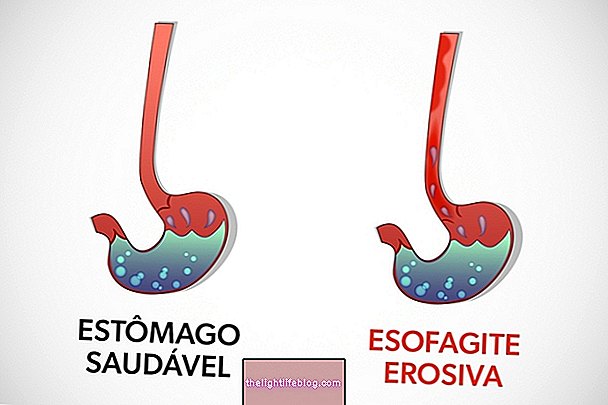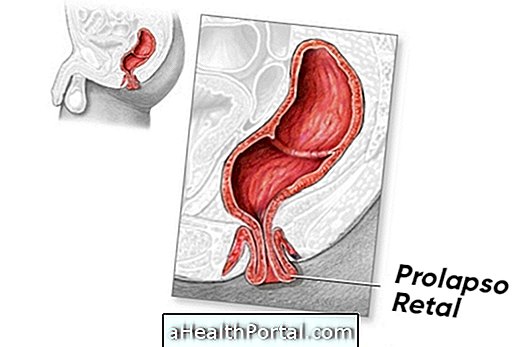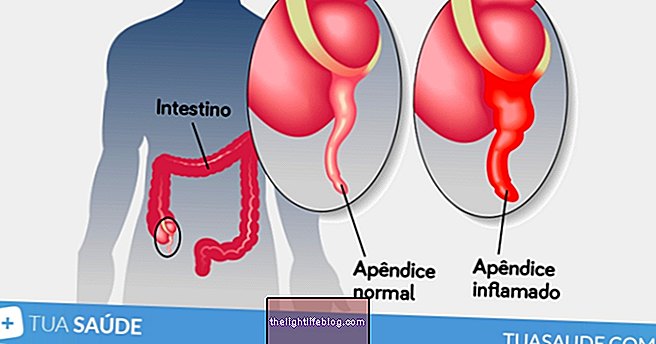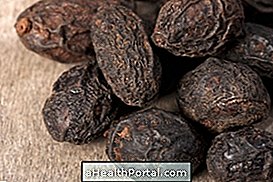Gastrointestinal stromal tumor (GIST) is a rare malignant cancer that usually arises in the stomach and early part of the intestine, but may also appear in other parts of the digestive system, such as the esophagus, large intestine or anus, for example.
Generally, gastrointestinal stromal tumor is more frequent in the elderly and adults over 40 years, especially when there is a family history of the disease or the patient suffers from neurofibromatosis.
Gastrointestinal stromal tumor (GIST), although malignant, develops slowly and therefore, there are great chances of cure when it is diagnosed in the initial phase, and the treatment can be done with the use of medicines or surgery.
Symptoms of gastrointestinal stromal tumor
Symptoms of gastrointestinal stromal tumor may include:
- Abdominal pain or discomfort;
- Excessive tiredness and nausea;
- Fever above 38 ° C and chills, especially at night;
- Weight loss, with no apparent cause;
- Vomiting with blood;
- Stools dark or bloody;
However, in most cases, the gastrointestinal stromal tumor has no symptoms, and the problem is often discovered when the patient has anemia and performs ultrasound or endoscopy to identify possible abdominal bleeding.
Treatment for gastrointestinal stromal tumor
Treatment for gastrointestinal stromal tumor should be indicated by a gastroenterologist, but is usually done with surgery to remove the affected part of the digestive system, eliminating or reducing the tumor.
During surgery, if it is necessary to remove a large part of the bowel, the surgeon may have to create a permanent hole in the belly for the stool to leave, accumulating in a pouch glued to the belly.
However, in some cases the tumor may be very small or in a difficult place to operate, and therefore the doctor may only indicate the daily use of medicines, such as Imatinib or Sinutinib, which slow tumor growth, symptoms.
























